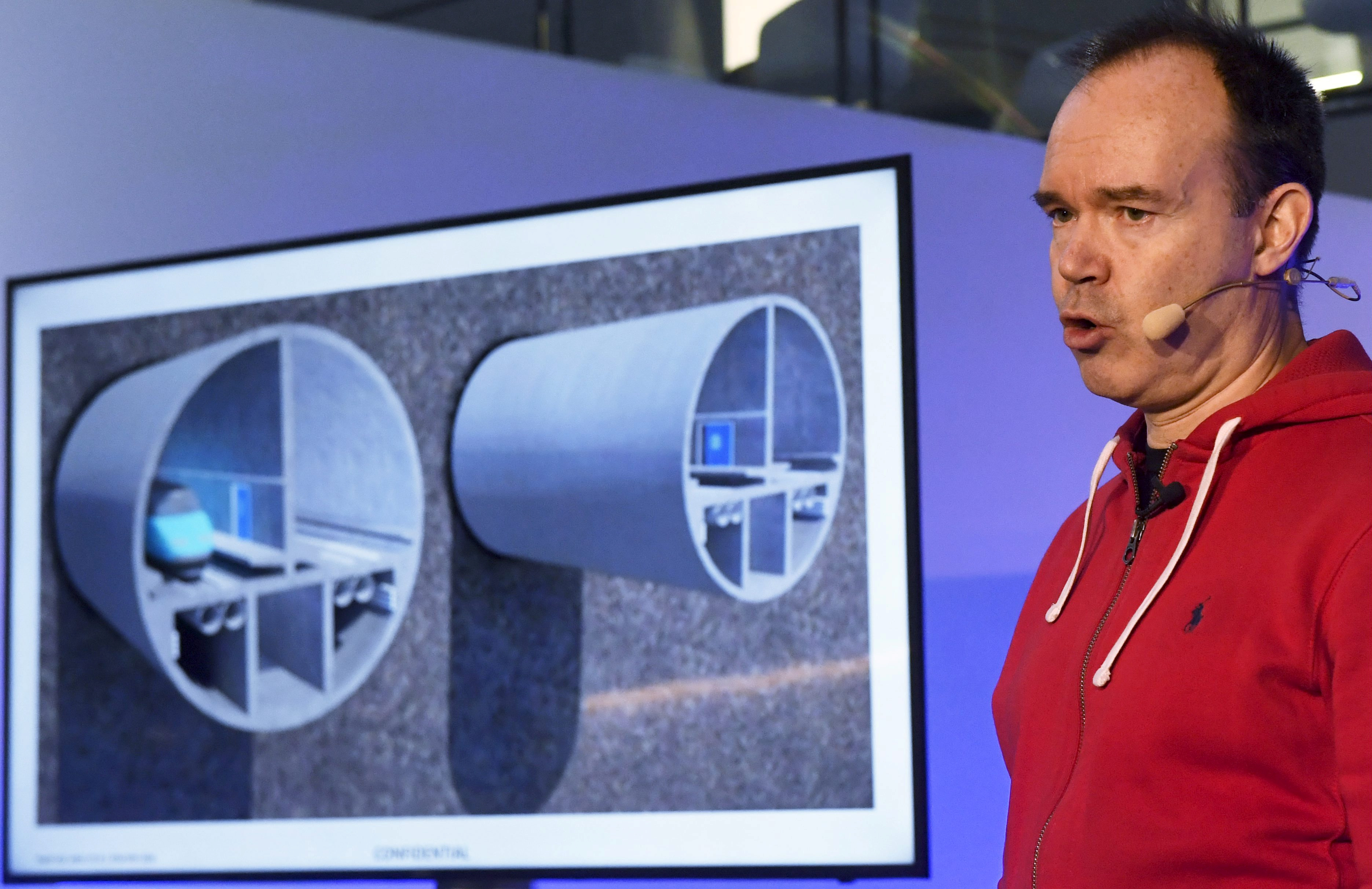Three Chinese companies to build Tallinn-Helsinki tunnel
The tunnel, part of the Belt and Road Initiative, could eventually help link Arctic shipping with markets in Europe.

TALLINN — A Chinese-funded Finnish company working on a Tallinn-Helsinki undersea tunnel project said on Friday it will work with three Chinese companies on the final design and building of the 100-kilometer (60-mile) tunnel, which forms part of Beijing’s Belt and Road initiative.
Together with a proposed connection from Finland’s rail network to the Arctic Ocean coast in Norway, the tunnel project could link Arctic shipping along the Northern Sea Route with the heart of Europe.
FinEst Bay Area Development said it signed a memorandum of understanding with China Railway International Group, China Railway Engineering Company, China Communications Construction Company, and financier Touchstone Capital Partners.
“The partner companies are the largest in the world in their own fields of expertise,” said Peter Vesterbacka, co-founder of FinEst Bay Development company.
The new partners were needed as Finland and Estonia had limited resources in tunnel boring and high-speed train technologies, he said.
In March the project got a provisional 15 billion euros ($16.9 billion) from China’s Touchstone Capital Partners. Roughly 12.5 billion euros will go into construction.
Beijing’s Belt and Road initiative seeks to link China by sea and land with southeast and central Asia, the Middle East, Europe and Africa, through a network along the lines of the old Silk Road as well as through an Arctic route.
Finland and Estonia have for years considered linking their capitals, which are divided by the Gulf of Finland. The tunnel would cut the travel time to 20 minutes from the two-hour ferry ride, conducted by thousands of people daily.
A 2017-published feasibility study commissioned by the two governments said the planned tunnel could open in 2040 but the builders said it could be built by the end of 2024, with some parts opening already before.
The project is yet to secure backing from the two governments.
Reporting by Tarmo Virki.